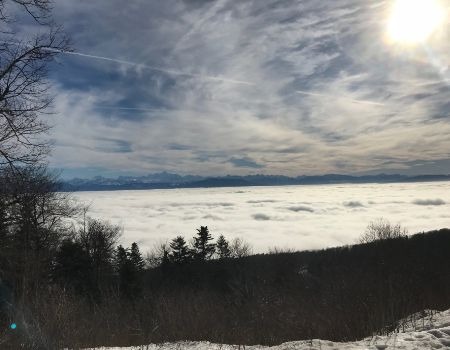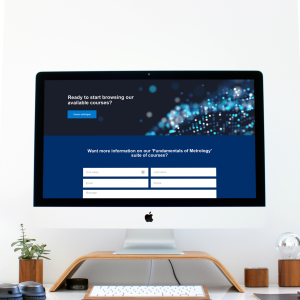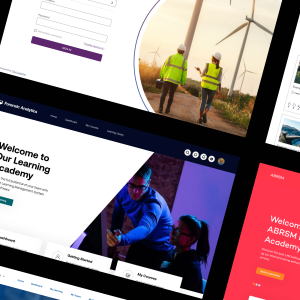This week we’re pleased to once again feature a guest post by John Mikton, who blogs at Beyond Digital. With 25 years’ experience working in Education Technology and 12 years as a Senior Leadership Team member in International Schools, John is perfectly placed to comment on all things EdTech. John is currently the Head of Education and Media Technology/ Assistant Principal at the International School of Luxembourg. Previously John was the Director of eLearning at the Inter Community School Zurich and the Director of IT at the International School of Prague. John is an Apple Distinguished Educator and Google Education Trainer, Common Sense Digital Citizenship: Certified Educator and trainer at the Principal Training Center and AppsEvents.
As the first days of 2018 arrive, any reflections on last year seem to contain an uncomfortable rawness because of the events continuously populating our devices – the immediacy, brutality and complexity of a world fueled by- “FakeNews?”, each one of us trying to construct a context in the “Filter Bubble” choreographed by algorithms from which we build a sense of the world we live in.
As international school educators, we straddle between the walled garden of “school” and the outside “world”. The reality is that we are surrounded by constant change and ambiguity. But there is a gap between the accelerated rate of change and our capacity to adapt to it.
For some, the gap is wide. For others, the gap stays the same, and for a few, the gap is narrowing.
How we interpret and engage with the gap and our own capacity to keep up influences many of our feelings and emotions. These in turn fuel the perceptions, opinions and behaviors with which we express ourselves.
International schools have to juggle the fine line between ensuring students and parents are pleased and ensuring that they feel safe, challenged and cared for. In the unique world of international schools, a percentage of parents come from a comfortable socio-economic environment.
Often, their education is a contributing factor to their current position. This education provided the opportunities for their successes and their economic prosperity. Living with this becomes a strong marker in what international school parents believe their children should get from an education and an international school.
This pedagogic reference point is, in many cases, 25 or more years old. The world was a very very different place then.
However we try as schools to innovate, change and adapt, we do this with a level of caution and reservation. At the end of the day, the invisible mandate between parents and international schools, is “provide my child with stability, continuity, what I remember from my school days and more certainty then I have in my life today”.
As educators, we fall into a similar narrative. We have a desire for of stability, continuity, and more certainty than in the outside world we interact with. We do innovate and change in our schools, but the presence of the invisible mandate between our parents and schools influences the level by which we break the status quo.
Today the level of stability, continuity, and certainty that we were once used to has eroded.
Uncertainty, ambiguity and volatility are an unavoidable part of the day. The complexity of this change permeates into everyone’s lives, and often not by choice.
2018, is an opportunity to embrace the world’s uncertainty, ambiguity and volatility, not as something eroding our past and challenging our present, but as an opportunity to re-frame the possibilities in front of us as a unique and rich learning journey.
We have a responsibility to take this on in our roles as mentors, facilitators and educators. We bring a wisdom, resilience and care that has served us well and can continue to serve us today.
Many of our students will one day be international school parents or educators who look back at their education as a point of reference for their own success. The measures will be different. We live in a world where uncertainty, ambiguity and volatility are part of our lives. We should not depend on reference points from our past to give us stability, continuity and certainty.
The gap for many will still get bigger and more uncomfortable. But hopefully, in 2018, we can work to bridge that gap as well.







